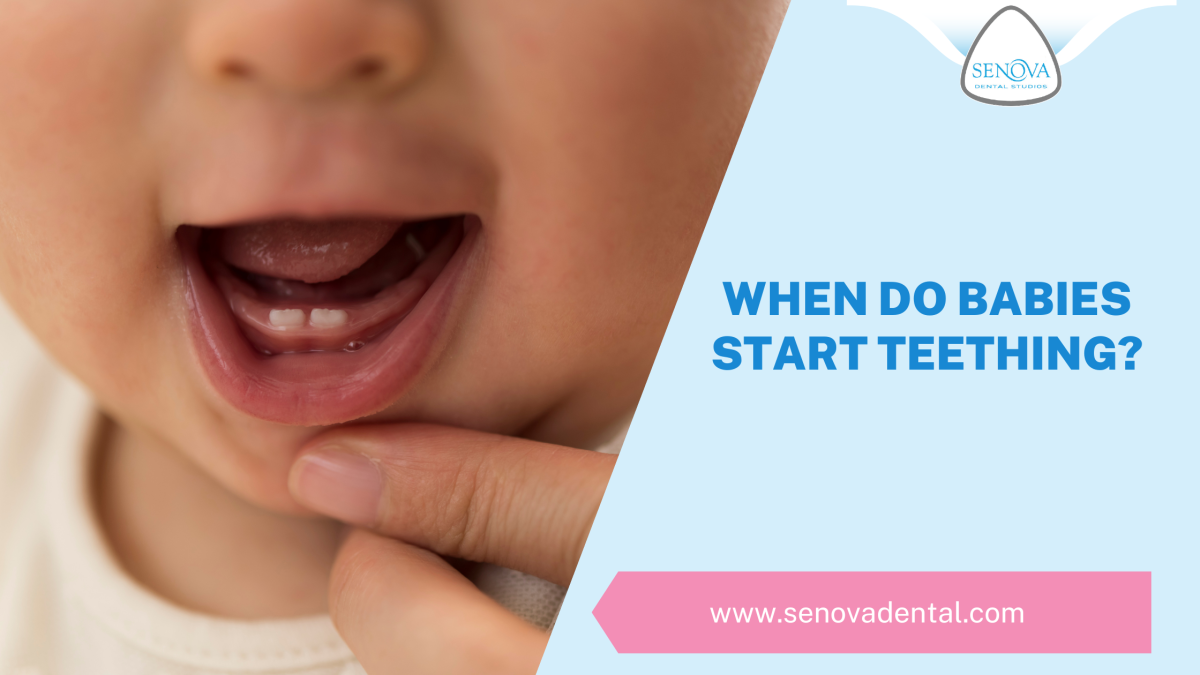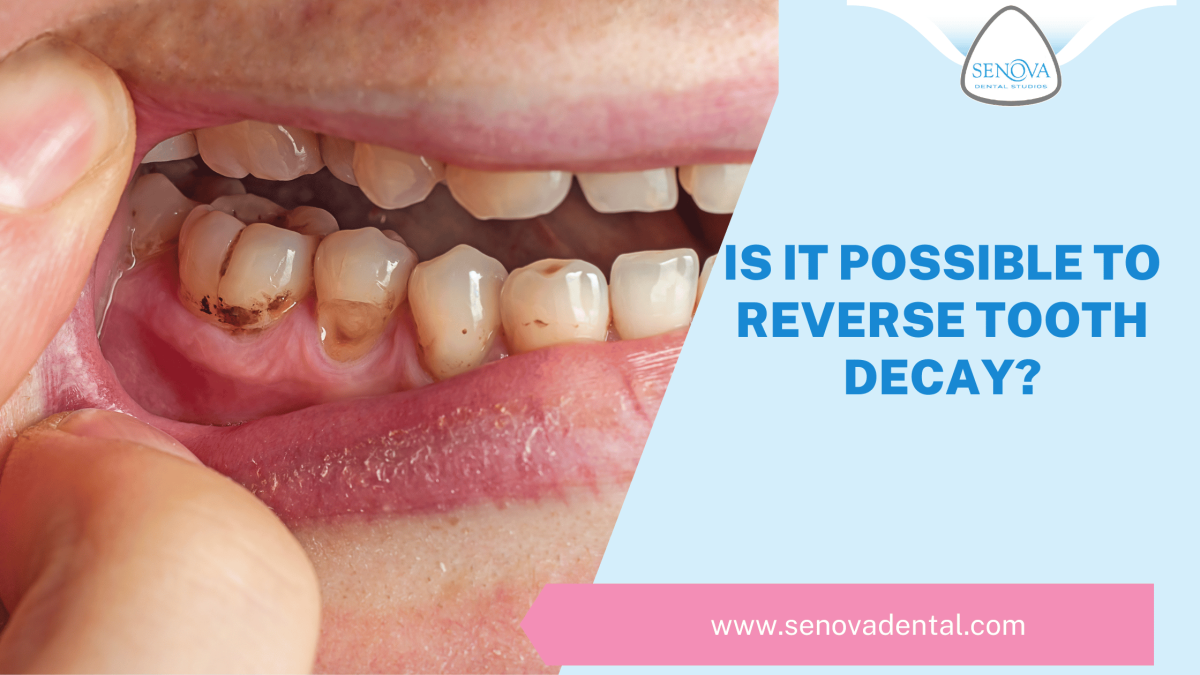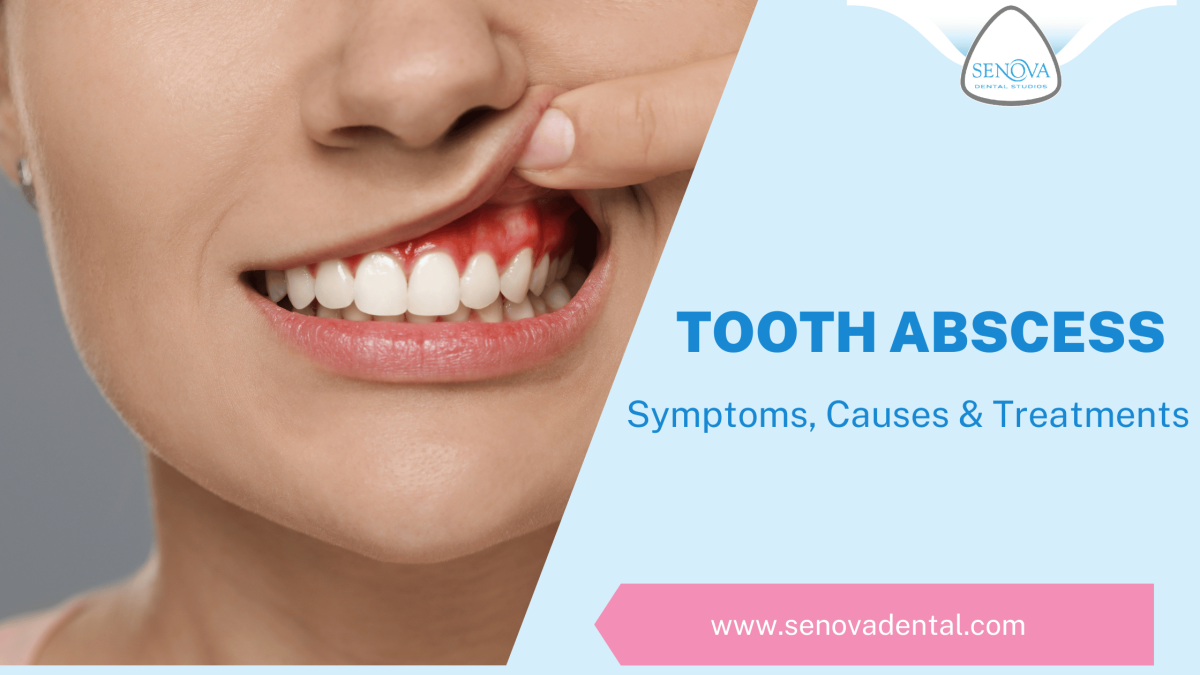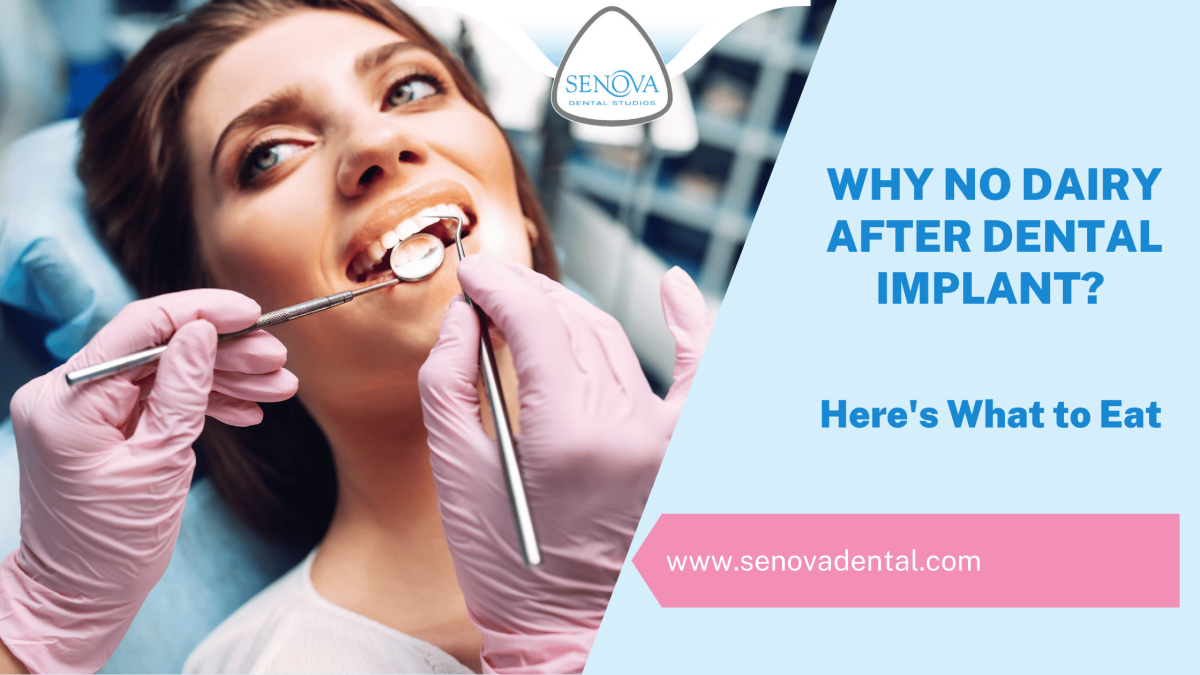 So many of us have seen the adverts on TV which talk about bleeding gums whilst brushing and flossing, but is it really a problem if your gums bleed? In this blog post our Watford dentists take a walk through the dental health issues related to bleeding gums whilst brushing.
So many of us have seen the adverts on TV which talk about bleeding gums whilst brushing and flossing, but is it really a problem if your gums bleed? In this blog post our Watford dentists take a walk through the dental health issues related to bleeding gums whilst brushing.
What are the causes of bleeding gums?
Gum disease or gingivitis
The most common cause of bleeding gums is gingivitis, this is the first stage of gum disease and is really simple to treat if caught early. The acid excreting bacteria which live in your mouth congregate where your cleaning is not quite so efficient, usually in between the teeth. As the bacteria congregate because plaque and this plaque can irritate and infect the gums. When the gums become irritated they become swollen, tender, red and can bleed whilst brushing. Gingivitis responds well to a change in cleaning habits and a good visit to the hygienist or dentist.
Medication
Sometimes medications can have the side-effect of bleeding gums, these include:
- Phenytoin, a seizure medication.
- Cyclosporine, an immunosuppressant drug often used to prevent transplant rejection.
- Blood pressure medications called calcium channel blockers, which include nifedipine, verapamil, diltiazem, and amlodipine.
Cleaning Technique/Routine
If you are used to using a floss or interdental brush in between your teeth and forget for a few days then you might find that your gums bleed slightly when you reintroduce this interdental cleaning. This shows how quickly the gums can become inflamed if cleaning is not consistent. If you change your technique, for example switching from flossing to interdental brushing then you may also find that the gums are slightly sensitive at the beginning. You will normally find that the gums settle down after about a week of changing your routine.
Implements Used
We’ve use the word ‘implements’ here deliberately. All manner of household items such as credit cards and safety pins get used to clean between your teeth. We highly recommend you don’t do this, primarily because of the risk of cross infection… Who knows where those credit cards or safety pins have been!
Smoking
Smokers are at a much higher risk of gum disease than in non-smokers as the toxins in the cigarettes inhibit your body’s ability to fight disease and infection in your mouth.
Pregnancy
During pregnancy some women find that their gums swell and have more of a tendency to bleed, this is due to hormonal changes which alter the body’s response to the bacteria that cause gum disease. So long as a healthy oral hygiene routine is maintained during the pregnancy the gums should return to their prepregnancy state afterwards.
What to do if your gums bleed
The answers to this really lie in addressing the causes which we have described above. Principally this involves:
- Making sure you clean adequately in between your teeth, for 2 min twice per day to ensure that the plaque buildup is at a minimum.
- Being aware of the medication you are on (but never stopping without the advice of your doctor).
- Addressing your cleaning technique/routine and ensuring that you clean regularly.
- Using only dental floss or interdental brushes to clean in between your teeth, never be tempted to use a pin, for example!
- Maintaining a healthy diet. A healthy diet plays an important part in enabling your body to fight infection and disease. A high sugar diet will also increase the amount of bacteria in your mouth which increases the likelihood of dental disease and bleeding.
- Visit your dentist regularly. Your dentist is able to detect the early signs of gum disease much better than you are at home. If your dentist spots the early warning signs then you can be referred to hygienist for more intensive cleaning and assistance.
Can you catch gum disease?
The quick answer to this is yes. For example, a kiss can exchange up to 80,000,000 bacteria, some good and some harmful. If your own immune system is suppressed for any reason then the concentration of bad bacteria may just tip the balance over the edge in your mouth, leading to gum disease.
It’s important to note however that gum disease is not infectious, in the same way as many other diseases are. it’s much more complex than that.
The same is true for sharing drinks or utensils such as straws or forks. Always maintain a healthy cleaning routine to ensure that the bad bacteria stays well away from your mouth!
Vitamin deficiency causing gums to bleed
Whilst this is rare in the United Kingdom, vitamin C deficiency, otherwise known as scurvy can cause gums to bleed.
My gums bleed when I’m at the dentist, why is this?
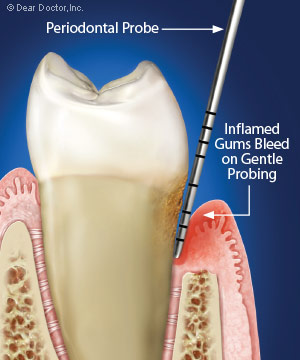
When you visit your dentist they will usually probe around all surfaces of the tooth. This is to check the space between your gum and tooth, they will be looking for the depth that the probe can go and scoring this. If this is monitored between dental appointments then the score can be monitored to see whether it goes up or down, this is then a good indicator as to whether your oral health is improving or getting worse.
During this probing process, if your gums are inflamed then bleeding may occur. You may find that your gums bleed during this probing when they don’t normally during brushing, this is another reason why you should visit your dentist regularly to ensure that your gums are not inflamed.
- When Do Babies Start Teething? - October 26, 2024
- Is It Possible To Reverse Tooth Decay? - September 29, 2024
- Tooth Abscess: Symptoms, Causes & Treatments - September 5, 2024

